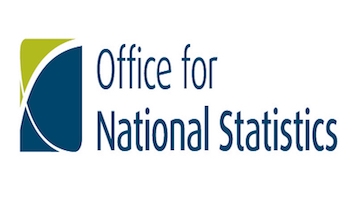Median household net wealth increased significantly in Great Britain from 2014 to 2016, new figures have revealed.
The figure stood at £259,400, according to the latest estimates from the Office of National Statistics Wealth and Assets Survey.
This was a 15% rise from the £225,100 figure seen in 2012/14, not adjusting for the effects of inflation, according to the report.
Total household net wealth in Great Britain was £12.8 trillion in 2014/16, up from £11.1 trillion (+15%) in 2014/16.
Private pension wealth (which forms the largest element of total wealth) was the component that grew the strongest in 2014/16. Aggregate private pension wealth increased by 20% from £4.4 trillion to £5.3 trillion.
The ONS stated: “Pension pots made up 44% of the wealth of the top decile, 47% of the second wealthiest and 41% of the third wealthiest.
“However, it made up a much smaller share of the least wealthy deciles’ wealth.
“There was a record 17% growth in aggregate net property wealth in GB in 2014/16 driven largely by increases of median net property wealth in London of around a third between 2012/14 and 2014/16.”
Mark Dyason, managing director of the finance broker, Thistle Finance, said: "This survey provides yet more evidence of how the average household was slowly racking up debt in the era of low interest rates.
"Average household financial debt rose to £4,000 between 2014 and 2016 and it was in the East Midlands where households were struggling the most.
"While the vast majority of people surveyed appeared to be coping with their debt, now that both inflation and interest rates are higher you suspect the next survey will paint a far less rosy picture.
“Though personal loans are behind most financial debt, it's the amount of money owed through student loans that grew at the sharpest rate.
"Between 2014 and 2016 people left university with more debt than ever and it's a worrying trend that is likely to continue.”
The total debt of all GB households was £1.23 trillion in 2014/16 (+7% on 2014/16), of which £1.12 trillion was mortgage debt (+6%) and £117.0 billion was financial debt (+15%).
Overall wealth inequality, as measured by the Gini coefficient, fell a little in 2014/16, but inequality in property wealth grew slightly.

